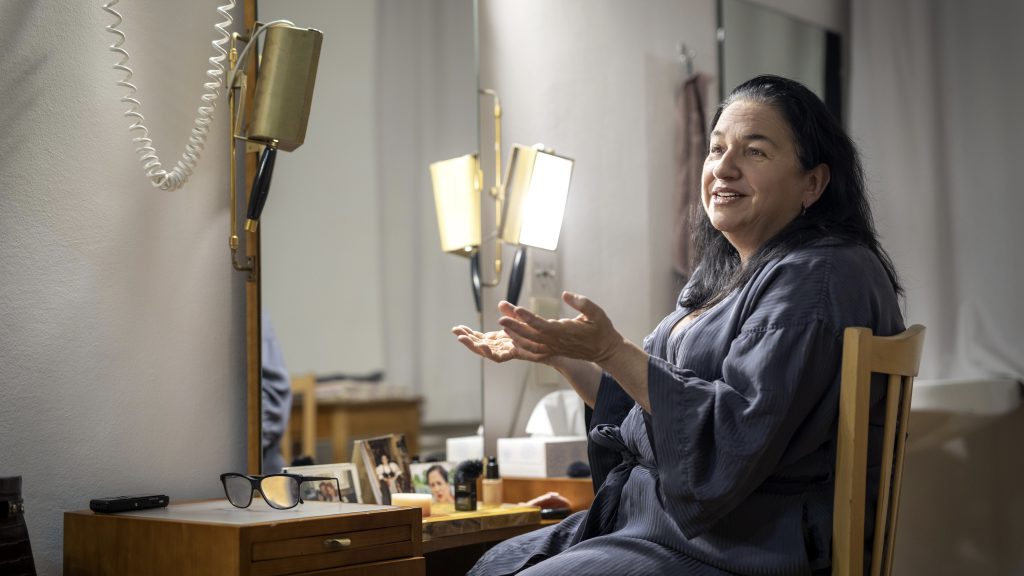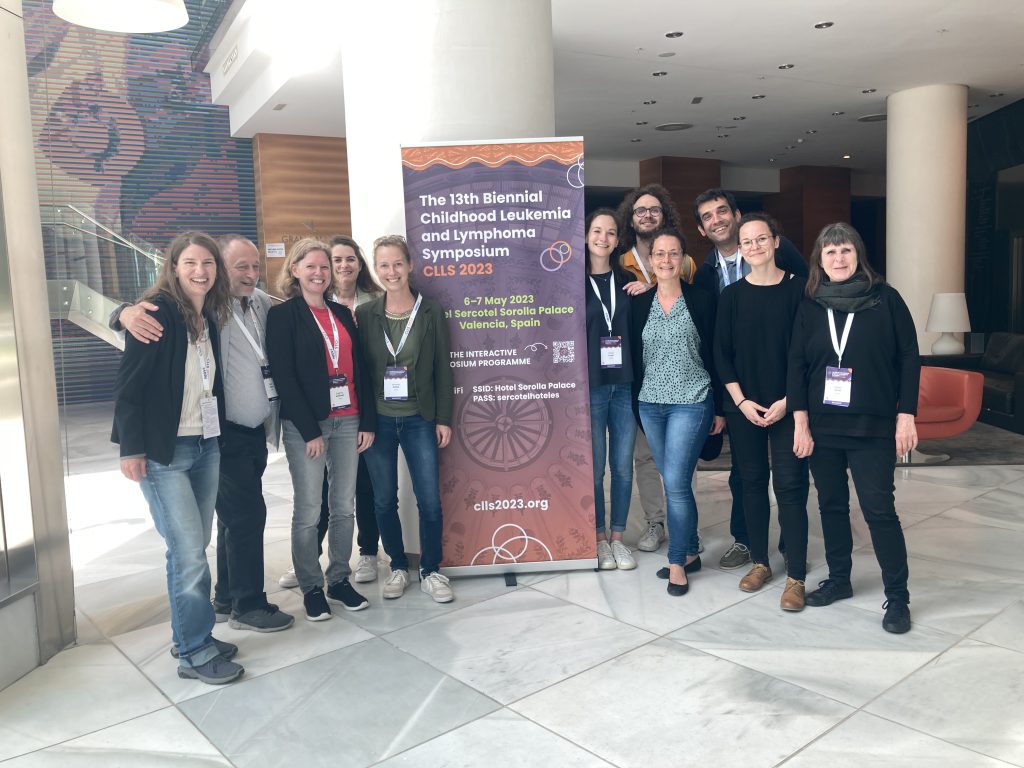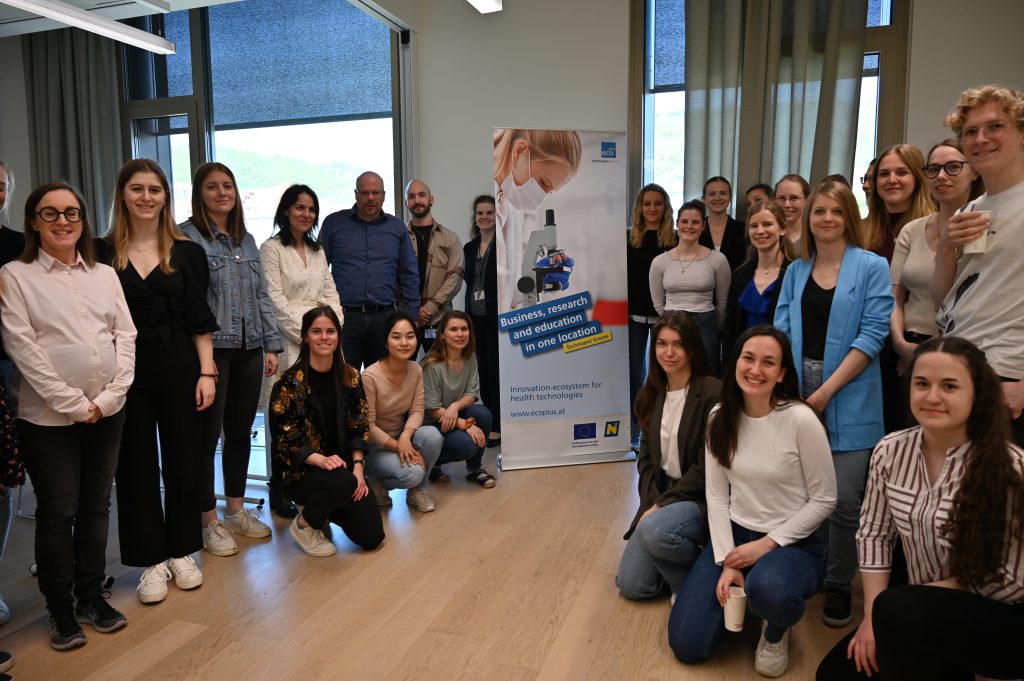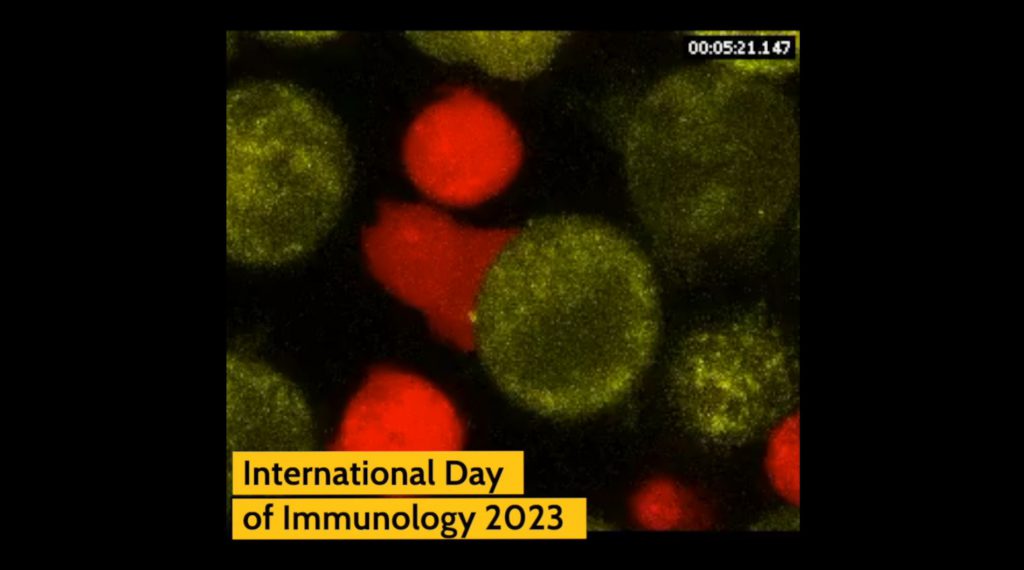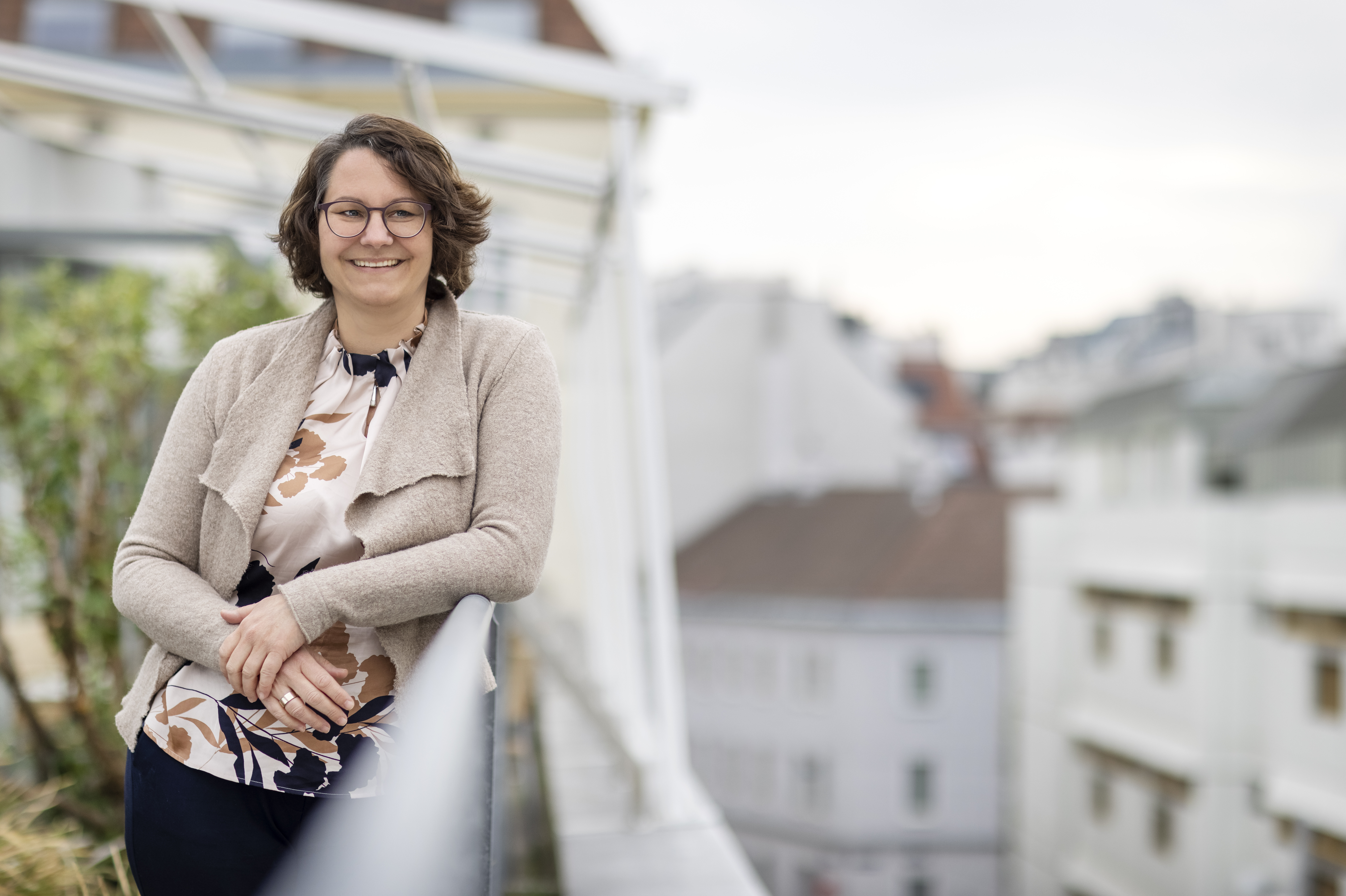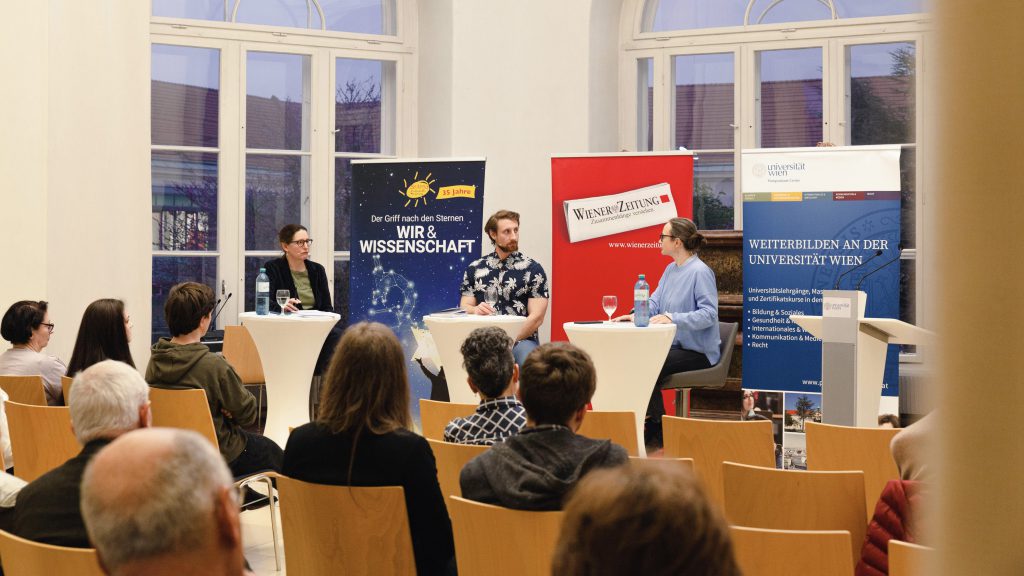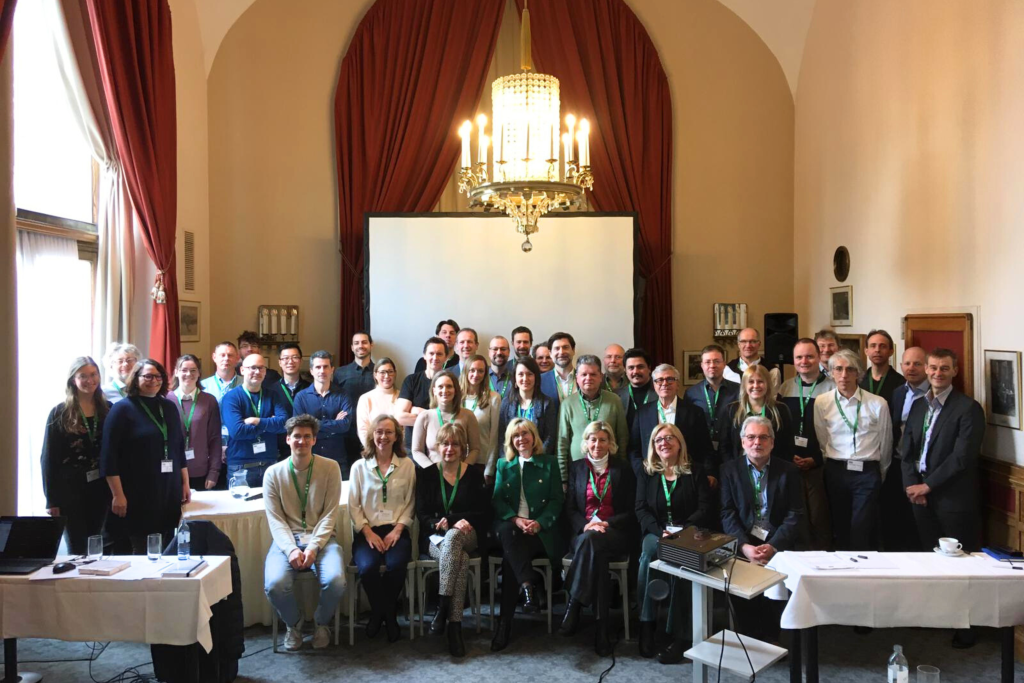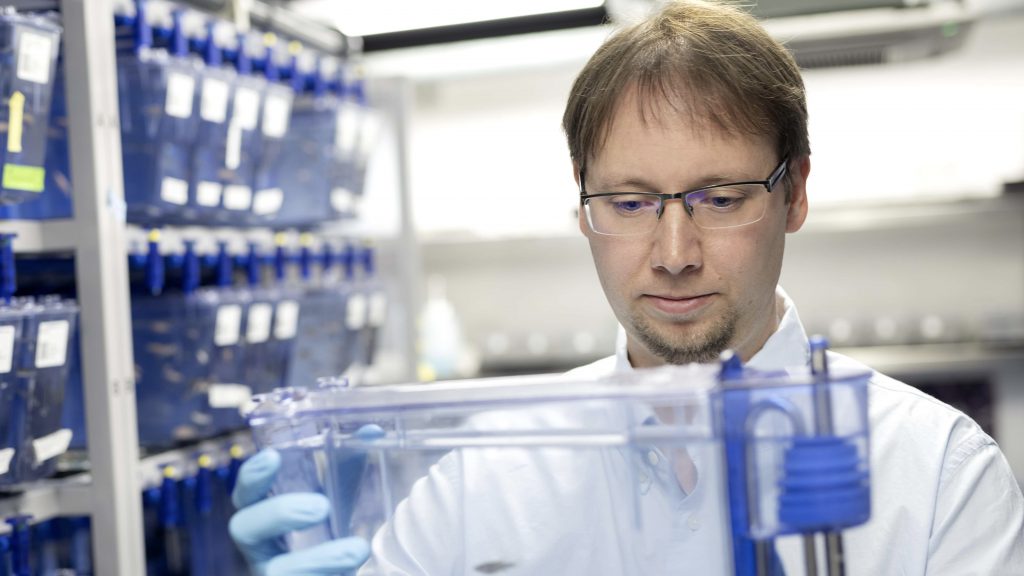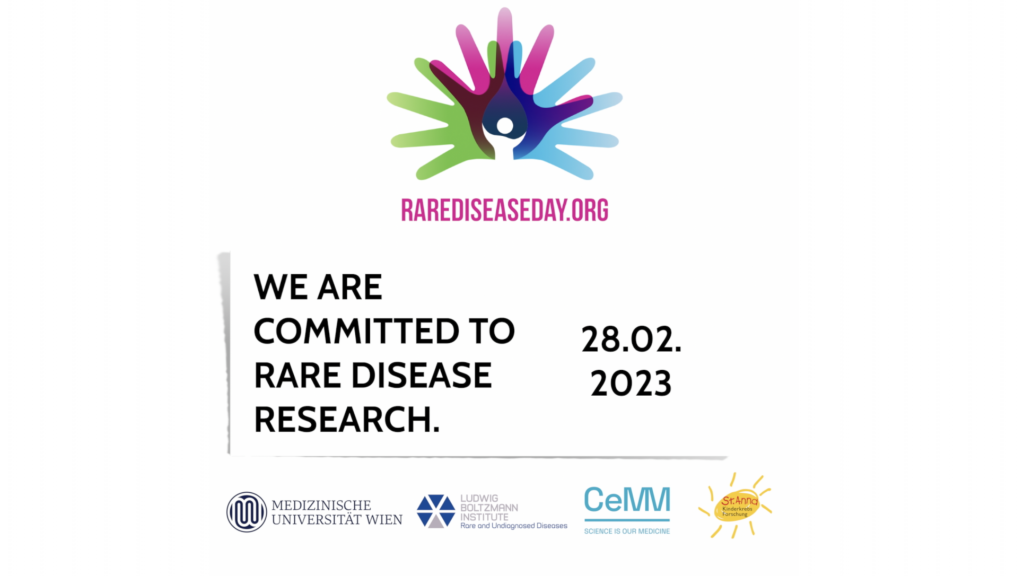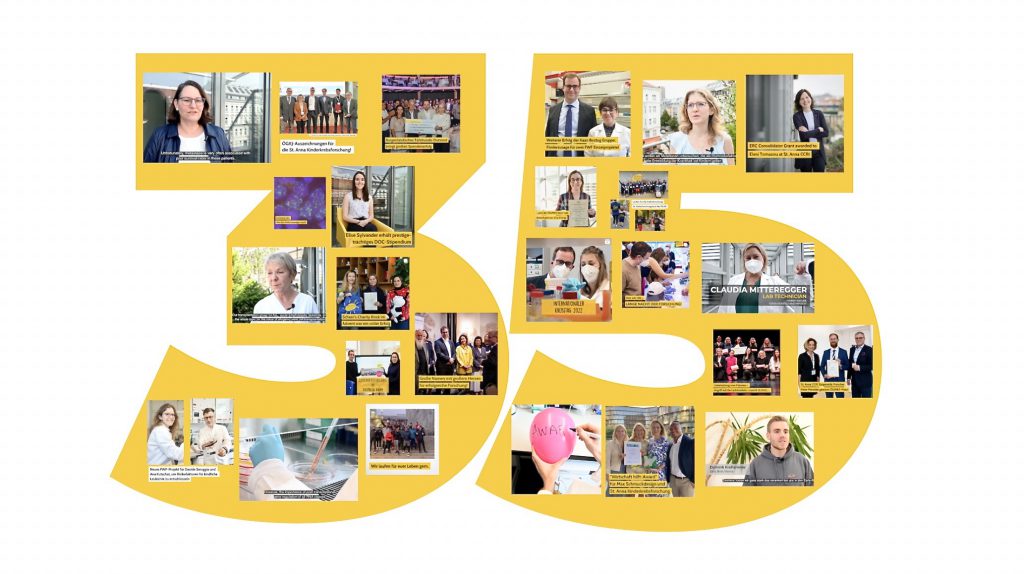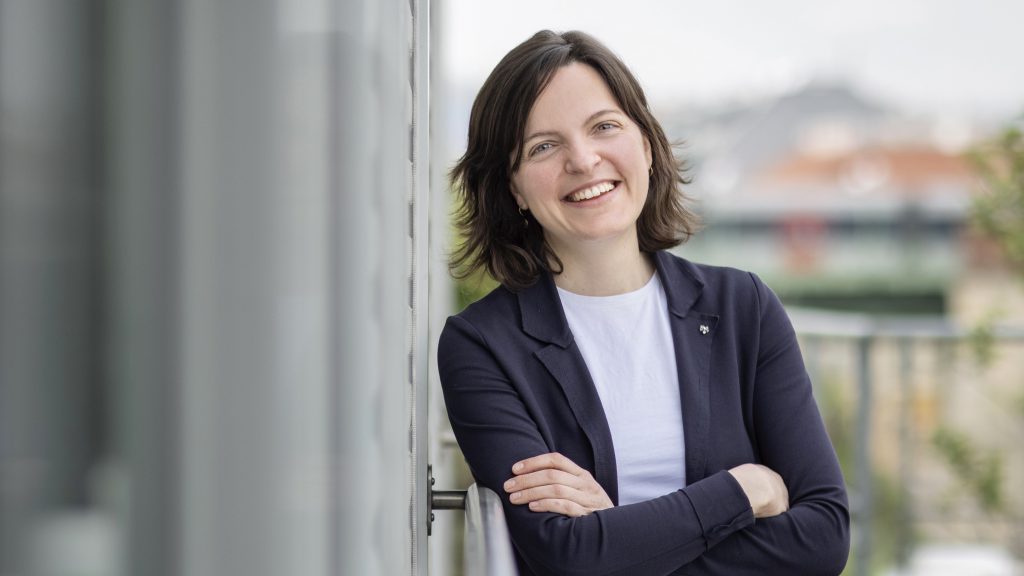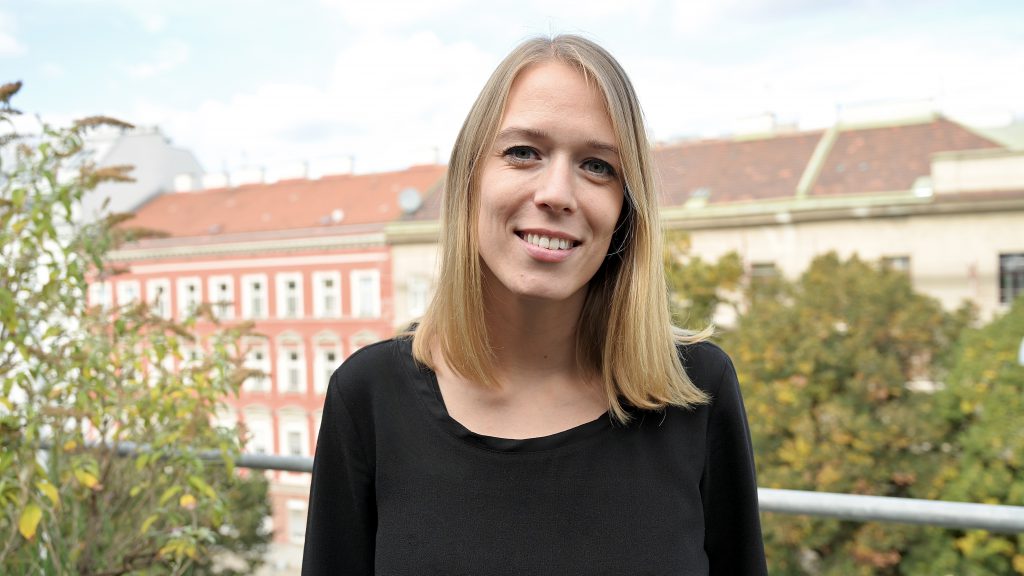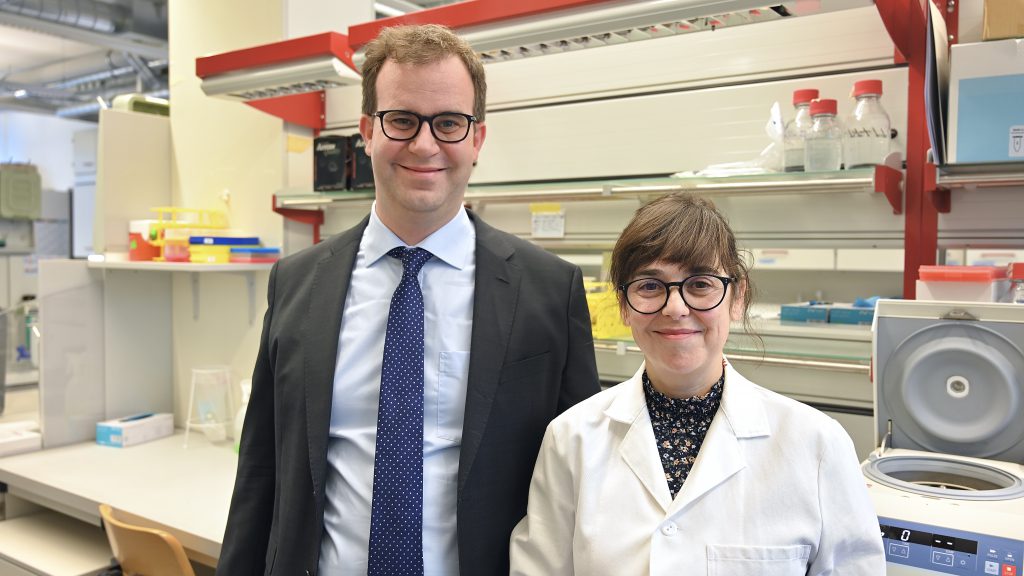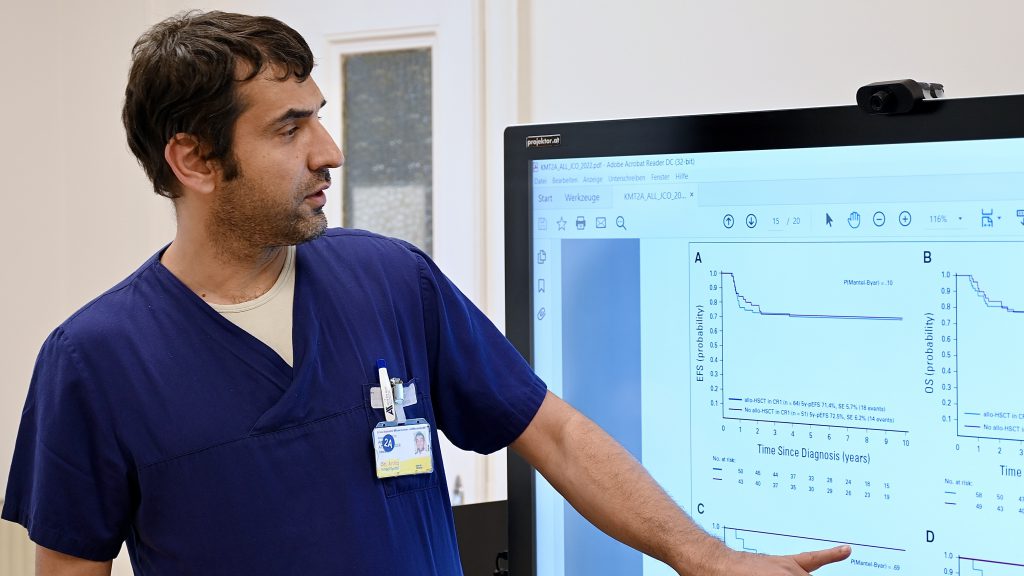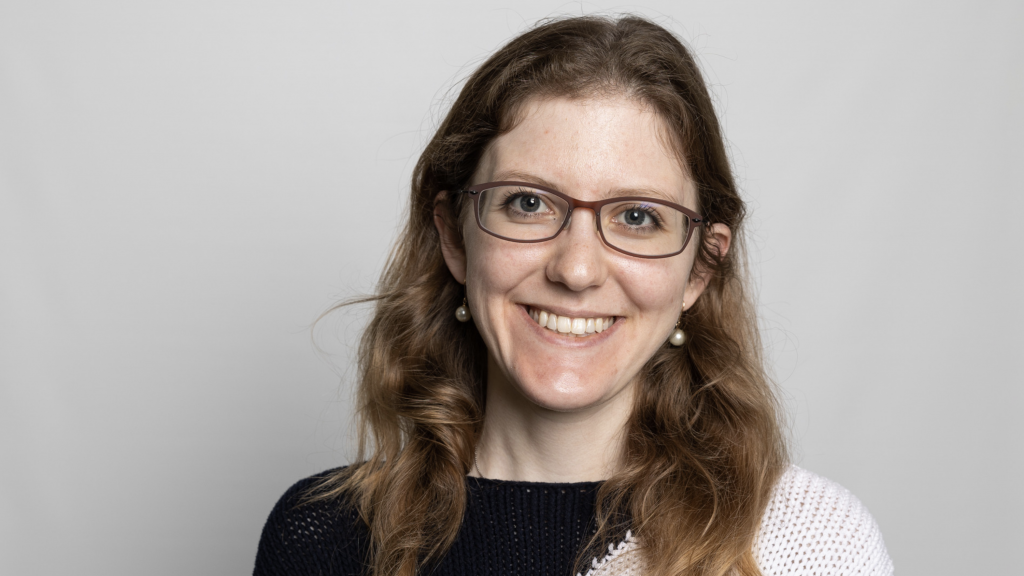“Children are our future. It’s really important to take care of them.”
“Children are our future. It’s really important to take care of them.” (Vienna, 11.5.2023) Maria Happel in brief: Why she supports the St. Anna Children’s Cancer Research Institute, how she deals with criticism, and what acting in plays has to do with healing the soul. Under the motto of our 35th anniversary “Reaching for the stars”, we […]
“Children are our future. It’s really important to take care of them.” Read More »
